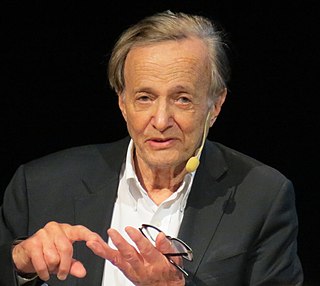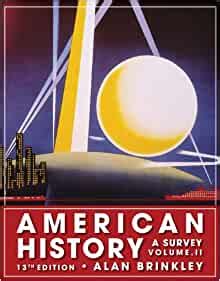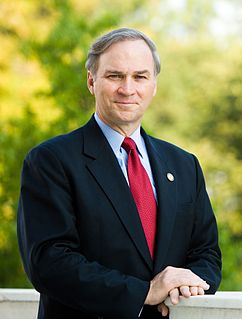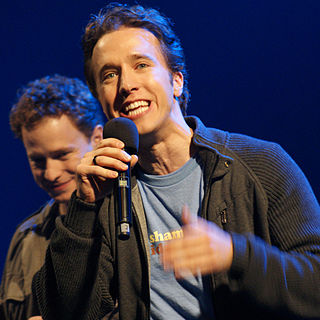A Quote by John Polanyi
What makes the Universal Declaration an epochal document is first of all its global impetus and secondly the breadth of its claims, a commitment to a new social contract, binding on all the Governments of the world.
Related Quotes
The Declaration of Independence has been called, with some justice, the most revolutionary document in human history, in that it placed the individual person first in the political scheme of things and made the legitimacy of governments and ruling classes contingent on their success at preserving individual rights.
In its main features the Declaration of Independence is a great spiritual document. It is a declaration not of material but of spiritual conceptions. Equality, liberty, popular sovereignty, the rights of man - these are not elements which we can see and touch. They are ideals. They have their source and their roots in the religious convictions. They belong to the unseen world. Unless the faith of the American people in these religious convictions is to endure, the principles of our Declaration will perish. We can not continue to enjoy the result if we neglect and abandon the cause.
We would love to see Canadian federal and provincial governments establish a new business entity class like the CIC or L3C for social enterprises. Our governments should also offer tax incentives to entice more entrepreneurs into the social economy, and encourage foundations and impact investors to put their capital into social enterprises.
The theory of social contracts extends as far back as Plato. However, it was the great 18th century social philosophers John Locke, Thomas Hobbes, and Jean-Jacques Rousseau who brought the concept of a social contract between citizens and governments sharply into political thinking, paving the way for popular democracy and constitutional republicanism.
Genuine leadership is inherently moral. So the values chosen matter tremendously, and they must be values aligned with society (including the most universal statement of human values in history, the Universal Declaration of Human Rights, as well as clear values of sustainability evidenced in global declarations like the Stockholm and Rio Declarations.
Our world is integrated to an unprecedented degree, while the global political awakening is injecting into interstate relations an intense amount of tension, emotion, even irrationality, which could cumulatively produce circumstances that preclude an effective and genuinely shared universal response to new global problems.





































